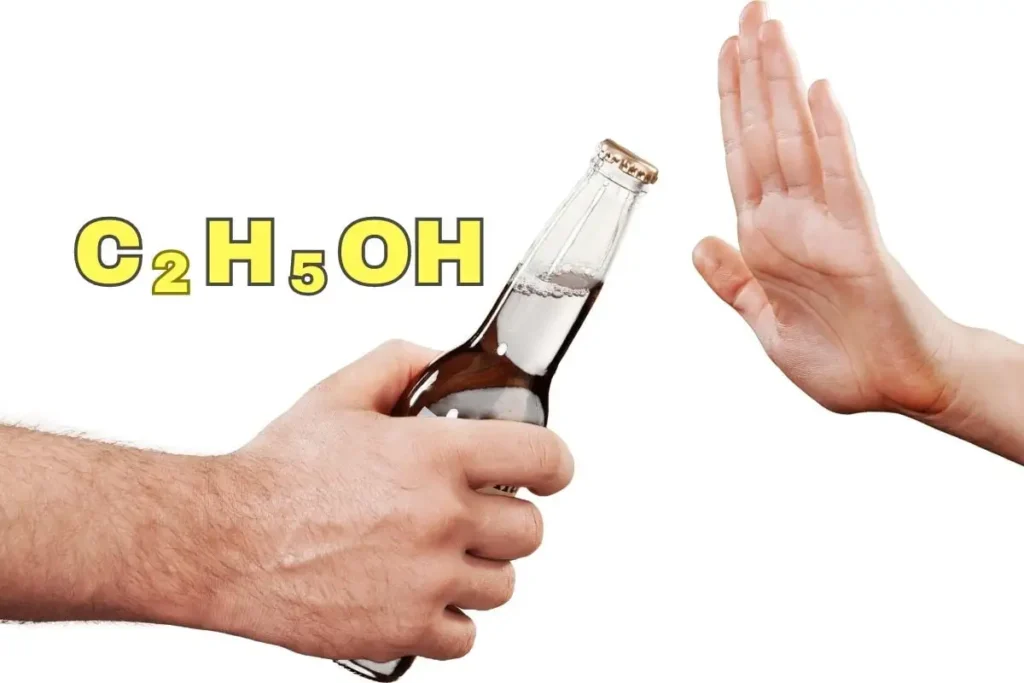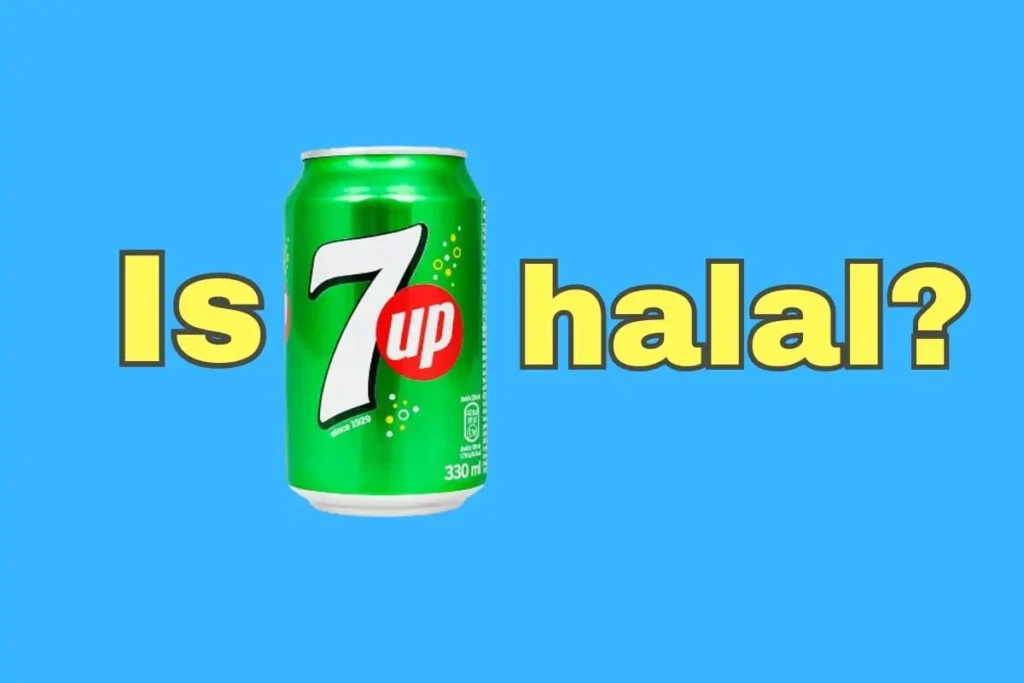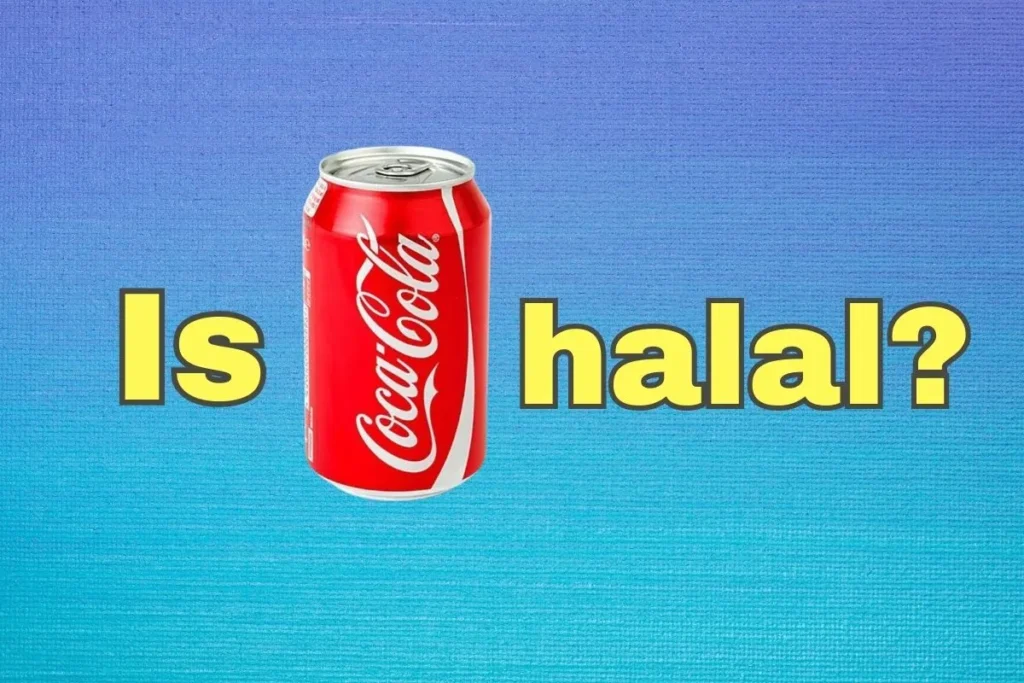Is E180 Halal? It’s a question that has crossed the minds of many, especially those who are conscious about their dietary choices. Let’s dive deep into understanding E180 and its implications.
Key Takeaways
| 📌 E180 Overview: E180, also known as Lithol Rubine BK, is a synthetic red dye used in food, cosmetics, and medications to enhance their visual appeal. |
| 📌 Safety: E180 is generally safe when used as an additive, with no known side effects. |
| 📌 Halal Status: E180 is generally considered halal as it is synthetically produced and does not contain any forbidden ingredients. |
What is E180?
E180, also known as Lithol Rubine BK, is a synthetic dye used primarily to color food products, cosmetics, and sometimes medicinal tablets. Its vibrant red hue enhances the visual appeal of various items, making them more enticing to consumers.
But beyond its coloring properties, what do we know about E180? Its role in our daily products is more significant than you might think, influencing not just aesthetics but also cultural dietary preferences.
Chemical Structure
Diving into the realm of molecules, E180 boasts a complex chemical structure. Comprising a series of aromatic rings, hydroxyl groups, and other functional groups, its structure is a marvel of organic chemistry.
This complexity isn’t just for show; it’s what provides E180 with its characteristic stability and vibrancy as a dye. But remember, while it’s a feat of scientific engineering, its interaction with our biology is where things get truly fascinating.
What Is E180 Made From?
If you’re curious about the journey of E180 before it reaches your products, you’re in for a treat. Originating in the laboratory, E180 is synthesized from various organic compounds, undergoing multiple chemical reactions to achieve its final form.
This process is meticulously controlled to ensure the dye’s consistency and quality, reflecting the intricate balance between scientific innovation and practical application.
Possible Side Effects
Now, addressing the elephant in the room: Are there any side effects? While E180 is generally recognized as safe. No side effects are known when used as an additive, and there are no known allergens or dietary restrictions associated with E180.
However, excessive consumption has been linked to certain adverse reactions in sensitive individuals, including allergic responses or hyperactivity. It’s a reminder that moderation is key, even with substances as routinely used as food colorants.
Regulations and Guidelines
When it comes to food additives, safety is paramount, and E180 is no exception. Regulatory bodies like the European Food Safety Authority set stringent guidelines on its use, including permissible levels, labeling requirements, and manufacturing practices.
Litholrubine BK is authorized as a food additive in the EU and was previously evaluated by the Joint FAO/WHO Expert Committee on Food Additives (JECFA) and the EU Scientific Committee for Food (SCF)
These regulations ensure that E180’s presence in our food supply adheres to the highest safety standards, protecting consumer health and wellbeing.
Dosage and Administration
The question of how much E180 is considered safe is governed by scientific research and regulatory oversight. Authorities establish an acceptable daily intake (ADI) based on extensive studies.
JECFA was unable to establish an Acceptable Daily Intake (ADI), whereas the SCF established an ADI of 0-1.5 mg/kg bw/day. The safety of E180 has been re-evaluated by the European Food Safety Authority (EFSA) and the Scientific Panel on Food Additives and Nutrient Sources added to Food.
Is E180 Halal or Haram?
The burning question, “Is E180 Halal?” hinges on its compatibility with Islamic dietary laws. Mostly, E180 is synthetically produced, and devoid of animal products, the verdict is it’s considered halal.
Find out more:
Is E175 Halal or Haram?
Is E200 Halal or Haram?
Conclusion
Deciphering the status of E180 in terms of Halal dietary laws is no small feat. It requires navigating religious guidelines, understanding chemical composition, and considering individual conscience.
While E180 is a common component in our foods and other products, its acceptability within Islamic dietary laws invites deeper reflection, underscoring the importance of informed consumer choices.
Allahu A’lam (Allah Knows Best)
FAQ
What is the source of E180?
E180 is synthesized from various organic compounds, crafted through a series of chemical reactions in a controlled industrial setting.
Is E180 safe for consumption?
Yes, E180 is deemed safe within the established acceptable daily intake levels. However, individual sensitivities can trigger adverse reactions in rare cases.
What are some common food products that contain E180?
E180 is commonly found in candies, baked goods, cosmetics, and some pharmaceuticals, lending a bright red hue to these products.
What is the CAS number of E180?
The CAS number for E180 is 18472-87-2, a unique numerical identifier assigned to this specific chemical substance.
Is E180 banned in any country?
E180’s usage is regulated worldwide, with some countries imposing stricter restrictions. It’s essential to check local food regulations, as these can vary significantly between regions.
- Is Pop Tarts Halal? What You Need to Know - February 18, 2024
- Are Graham Crackers Halal in Islam? - January 19, 2024
- Is Keebler Wheatables Halal? - January 18, 2024





